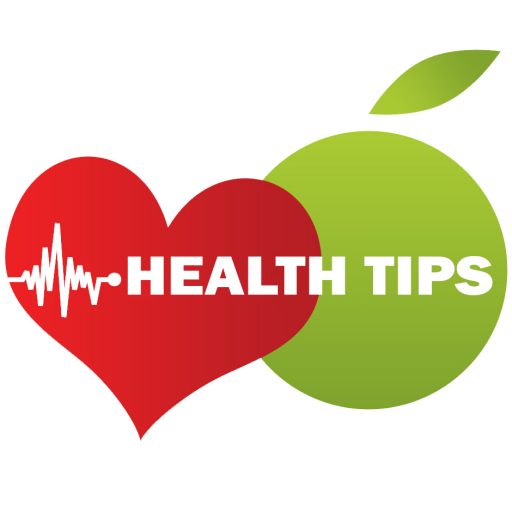Vitamin B7 – What is it? Sources, What are the Benefits?

Vitamin B7 – What is it? What are the benefits? Deficiency of vitamin B7 and aliments rich in vitamin B7 that you need know. Vitamin B7, also known as biotin and sometimes referred to as vitamin H, is a water soluble vitamin belonging to the B complex vitamins class. As this is a water soluble vitamin, the excess of it is excreted in the urine and is not retained by the body. So the daily intake of this vitamin becomes essential for the optimal functioning of the body. When the vitamin B7 is consumed in the right amount, it brings a variety of Health Benefits, see more about Vitamin B7 and learn What It Is, Sources and What are the Benefits of vitamin B7:
It is a soluble vitamin produced in the intestine by the bacteria and obtained by means of feeding.
Like other B-complex vitamins, vitamin B7 is related to the metabolism of fats, carbohydrates and proteins.
It is also essential for the health of the skin, nails and hair.
Sources of Vitamin B7: The main sources of Vitamin B7 are:
The red meat, the milk, the fruits and the seeds also count with the nutrient.
Benefits of Vitamin B7: Thus, proper consumption of Vitamin B7 is important for the following functions in the body:
- Maintain the health of the nervous system;
- Improve blood glucose control in cases of type 2 diabetes;
- Help in absorbing the other B-complex vitamins in the intestine.
- Maintain the production of energy in the cells;
- Maintain the health of the skin, the mouth and the eyes;
- Maintain proper protein production;
- Strengthen the nails and the root of the hair.
- Baby from 0 to 6 months – 5 mcg
- Baby 7 to 12 months-6 MCG
- Child from 1 to 3 years-8 MCG
- Child from 4 to 8 year – 12 MCG
- Young from 9 to 13 years-20 MCG
- Young from 14 to 18 years-25 MCG
- Adult from 19 to 70 years old – 30 mcg
- Pregnant women-35 mcg
- Lactating-35 mcg
The use of Biotin supplements should only be done when there is a deficiency of this nutrient and should always be recommended by the doctor.
Vitamin B7 Deficiency: Vitamin B7 deficiency is extremely unusual because this nutrient is very much present in food.
However, when symptoms of the absence of the nutrient are the case: weakness in the nails and hair, baldness, dry and scaly skin and redness around the nose and mouth.
Other complications that may occur are conjunctivitis, exfoliative dermatitis, muscle aches and ennui, accompanied by increased blood glucose.
